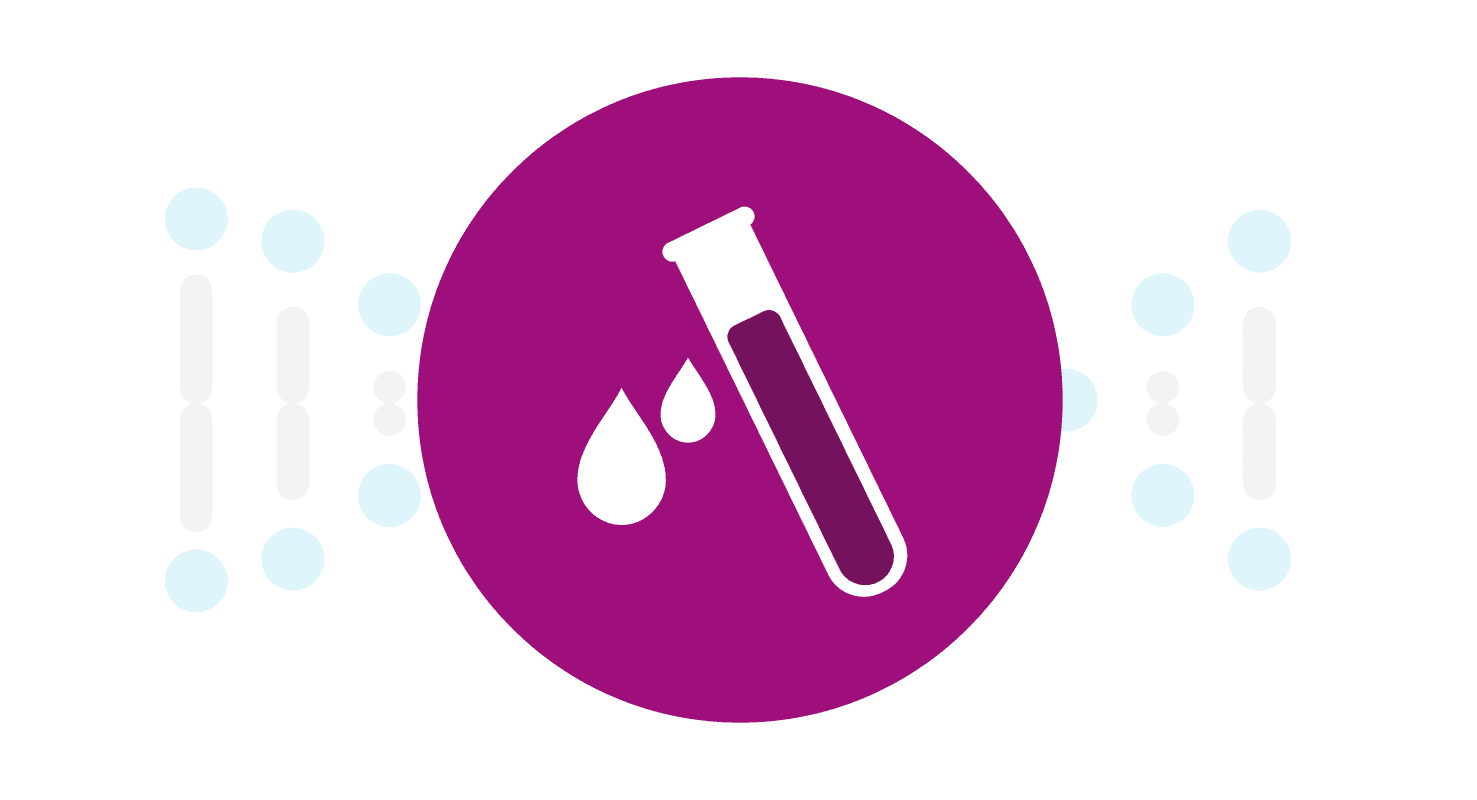In the largest study of its kind, an international team of researchers led by researchers at the Technical University of Munich and scientists at Helmholtz Munich, a health research center in Germany, identified new genetic variants associated with restless legs syndrome.
Harnessing the Power of Genetics
Published in the journal Nature Genetics, the study identified more than 160 genetic associations for the condition, giving researchers a better understanding of the biological pathways for restless leg syndrome. The genetic findings also point researchers to possible drug targets for treating restless leg syndrome.
While not the first genetic study into the condition by this group of researchers, it is by far the largest, and the size of the highlights sex differences revealed ten times more genetic variants associated with the condition. The researchers achieved this by using data from more than 1.5 million people. More than 90 percent of the 23andMe customers consented to participate in the research. However, the study also included data from about 25,000 people who are part of the INTERVAL Study and another 25,000 or so from the International EU_RLS-Gene consortium.
“For the first time, we achieved the ability to sufficiently assess the risk for restless leg syndrome,” said Juliane Winkelmann, Head of the Institute of Human Genetics at the Technical University of Munich, as well as the Institute of Neurogenomics at Helmholtz Munich.
Dr. Winkelmann has researched restless leg syndrome for more than 25 years. She helped lead an international team of researchers that included other scientists at Helmholz Munich, the Technical University of Munich, and the University of Cambridge.
“It’s been a long journey, but now we are empowered not only to treat but to learn how to prevent this condition,” Dr. Winkelmann said.
What Is Restless Leg Syndrome?
Restless leg syndrome is surprisingly common, and estimates show it affects up to 10 percent of older adults. According to researchers, it also affects people of European ancestry at higher rates than other ethnicities.
As the name implies, restless leg syndrome causes uncomfortable sensations and an urge to move one’s legs. It often occurs at night and can lead to sleep disruption. Along with the discomfort and urge to move, up to 80 percent of those with restless leg syndrome also experience uncontrolled leg movement during sleep, according to the National Institutes of Health.
Considered a neurological condition, restless leg syndrome, also known as Willis-Ekborn disease, is caused by many different factors, including genetics and environmental factors. Women are slightly more likely to experience it than men. It sometimes appears during pregnancy but goes away after delivery.
Some research suggests that low iron levels in certain brain parts may be a factor, while other research points to dopamine, a chemical messenger in the brain that helps control body movement.
Is Restless Leg Syndrome Genetic?
Studies of families and twins have shown a strong genetic component to the disorder, which led to the discovery of six genetic variants that increased the risk of developing the condition.
Learn More
Along with contributing to this research and a previous study of restless leg syndrome, 23andMe+ Premium includes a Restless Leg Syndrome report, Powered by 23andMe Research. The report uses a statistical model based on many genetic variants to estimate a person’s likelihood of developing restless leg syndrome. The report is part of a group of reports that focus on sleep quality, including reports on insomnia, obstructive sleep apnea, sleep movement, deep sleep and wake time.
Find out more about all that 23andMe offers here.
The cause of restless leg syndrome involves a complex interaction between genetic and environmental factors. However, for years, understanding the underlying biology remained largely elusive, hindering the development of effective treatment and prevention strategies.
The new research published earlier this month expands on the known genetic variants associated with restless leg syndrome, revealing more details about the genes involved, which will help those looking for more effective treatments. Some associations are on or near genes involved in changes in the formation of neuronal circuits as well as the growth and development of nerve cells, a process known as neurogenesis. Among the associations identified, the researchers also identified 13 genes associated with restless leg syndrome currently targeted by approved drugs but not for restless leg syndrome. That could offer promising avenues for repurposing medications for restless leg syndrome treatment.
In addition, the researchers used the accumulation of associated genetic variants and non-genetic factors to create a risk prediction model that performed well in estimating the likelihood of developing restless leg syndrome.
Can restless legs syndrome impact your health?
Symptoms from restless leg syndrome range from simply uncomfortable to truly painful, and that can vary from day to day.
The implications from the range of symptoms extend beyond how they might make one feel and can also impact one’s overall health. That’s because restless leg syndrome disrupts a person’s ability to fall and stay asleep.
Over time, this can take its toll with changes in mood, exhaustion, and difficulty concentrating. In addition, restless leg syndrome is also associated with other conditions, such as anxiety and depression. The condition is also associated with cardiovascular disease and type 2 diabetes. Because many of those with restless leg syndrome don’t realize they have it, they may try to self-medicate with alcohol or over-the-counter sleep aids, which in turn can make the condition worse.
However, some treatments and lifestyle changes could help ease those symptoms. For example, ensuring that you are getting enough iron, limiting alcohol and caffeine, and avoiding smoking can help alleviate symptoms. In addition, regular exercise, massage, and warm baths can help.




